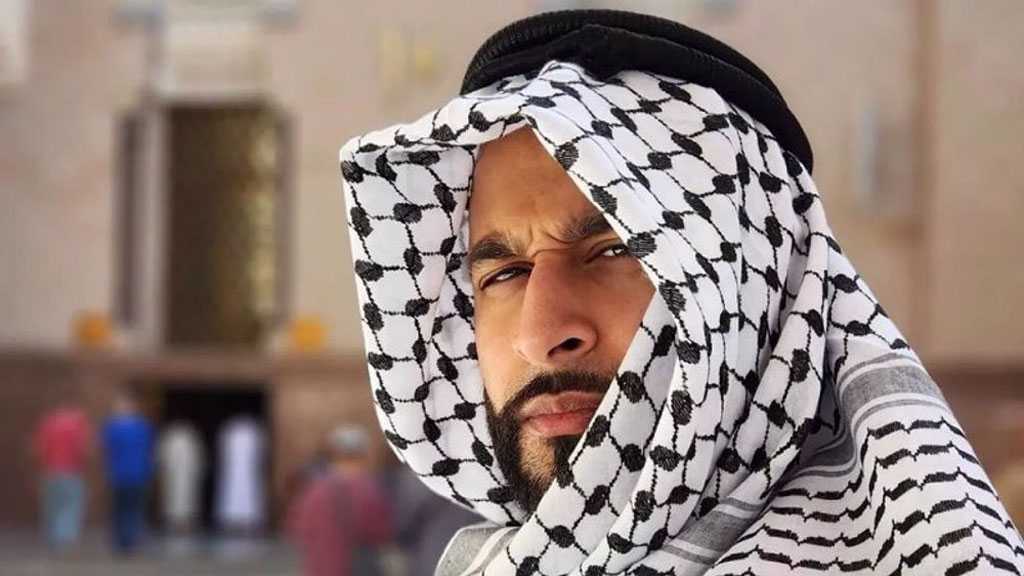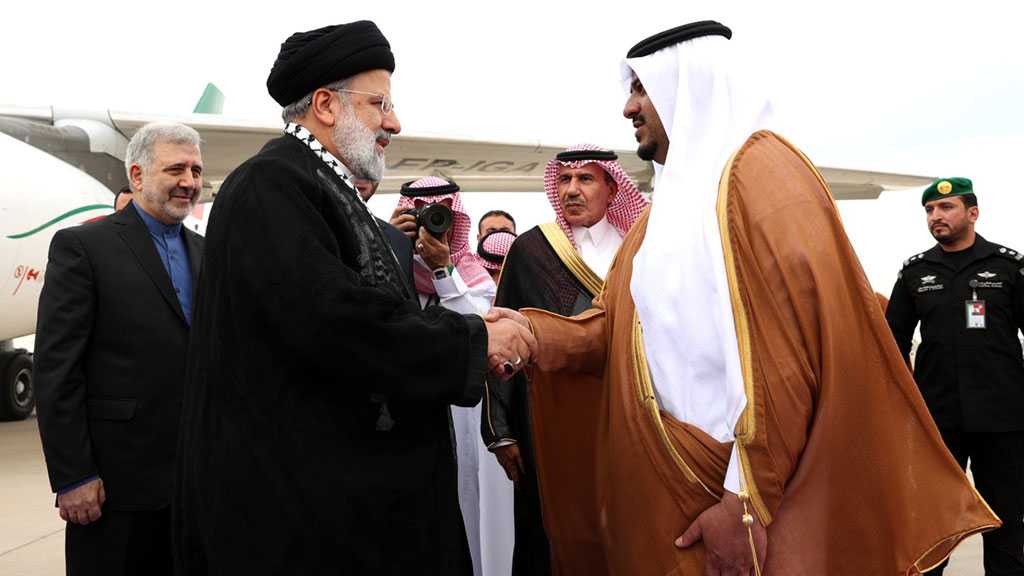Saudi Prosecutor Seeks Maximum Jail Sentence for Women’s Rights Activist

By Staff, Agencies
Saudi Arabia’s state prosecutor’s office is seeking the maximum possible jail sentence for women’s rights activist Loujain al-Hathloul, raising the possibility that the campaigner could face 20 years behind bars after a verdict in her case is announced next week.
In a hearing on Wednesday at Saudi Arabia’s notorious terrorism court, the judge said he would deliver a verdict and possible sentencing in the case on Monday, said Hathloul’s sister Lina, who also shared a copy of the prosecution’s indictment with the Guardian.
Later on Wednesday night, however, Loujain’s parents, who act as her legal team, received a text message summoning them to Riyadh’s criminal court on Thursday morning. It is not yet clear what this development means for Hathloul’s case, which was transferred from the criminal court to the terrorism court last month.
Hathloul, 31, is one of Saudi Arabia’s most prominent human rights activists. She has been arrested and detained several times for defying the country’s ban on women driving and for campaigning for an end to the male guardianship system, which makes women second-class citizens.
She was kidnapped and arrested along with several other activists in May 2018, just before the law on women driving was changed, in what was interpreted as a message from the Saudi leadership that reform in the ultra-conservative kingdom can only come from the top down.
Since then, relatives say Hathloul has been physically assaulted, tortured with beatings and electric shocks, and held incommunicado for long periods of time. Several hunger strike attempts have also led a UN women’s rights committee to express alarm about her failing health.
After being tried in Riyadh’s criminal court on spurious charges including ‘destabilizing national security and working with foreign entities against the state,’ Hathloul’s case was transferred in November to the specialized criminal court [SCC].
Amnesty International asserts that the secretive body routinely hands down lengthy jail sentences and death sentences to those who defy the country’s absolute monarchy and obtains confessions under torture.
“A regime that sees women’s activism as terrorism is deeply broken. There is no moral or legal case for [activists’] continued imprisonment, and their prolonged incarceration is not even in the narrow interests of the Saudi regime,” said Lucy Rae, a spokesperson for the human rights advocacy body Grant Liberty, which campaigns on behalf of Saudi prisoners of conscience.
“Saudi Arabia will never rehabilitate its reputation while it continues to imprison and torture those who campaign for basic freedoms.”
Comments
- Related News




